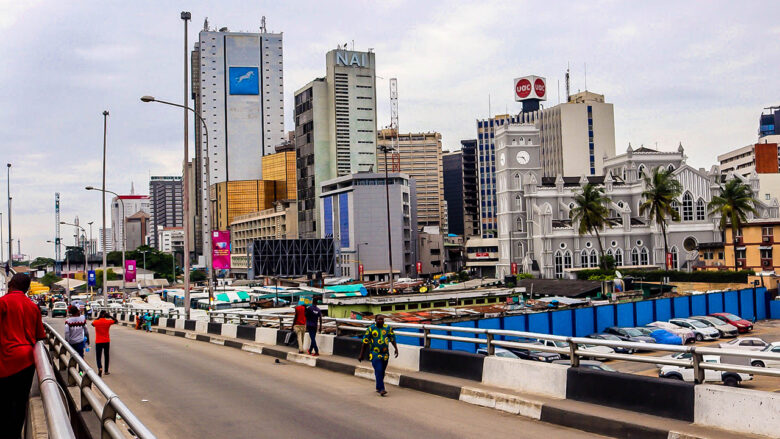Although Nigeria’s inflation rate rose to 17.33 percent in February 2021 from 16.47 percent the previous month, the Central Bank of Nigeria (CBN) has retained the monetary policy rate at 11.5 percent with other fiscal parameters left as they were last month.
The asymmetric corridor at +200/-500 basis points around the MPR. The MPC also resolved through a unanimous vote to retain the Liquidity Ratio at 30 percent while the Cash Reserve Ratio was left unchanged at 27.5 percent.
CBN governor, Godwin Emefiele, announced this Tuesday after the 278th Monetary Policy Committee meeting that began Monday, explaining that the apex bank took the decision to ensure a balance between the need for price stability and growth.
The decision was not unanimous as some members voted to increase the benchmark lending rate to check stagflationary pressure that has seen prices skyrocket across sectors in the country amidst high unemployment. Nigeria is currently experiencing three-year high inflation.
Also Read: CBN Retains Key Lending Rate After Facing Policy ‘Dilemma’
Stagflation is typically characterised by an increase in prices which occurs when there is an increase in the inflation rate, rising unemployment, high misery index, and lower economic output.
The National Bureau of Statistics (NBS) had said in its report that food inflation rose to 21.79 percent in February, compared to 20.57 percent recorded in January 2021, the highest point since the data series began over a decade ago.
Reports citing a statement by Nigeria’s finance minister on Monday said Nigeria has adopted a flexible exchange rate for its transactions were also debunked by the CBN governor.
Bloomberg had quoted Ahmed as saying “within the government and the central bank, there is only one official rate and that’s the Nafex rate”. The U.S.-news platform also claimed that the Minister told reporters that government would now engage in a flexible rate for transactions that have until now applied to investors and exporters.
Also Read: The Naira in 2021: Gap between CBN & Parallel Market Rates to Stay
“Nigeria has not changed from its foreign exchange management policies. Nigeria still remains on a managed float,” Emefiele said. “What does a managed float regime mean? That the Central Bank, which has a core mandate for foreign exchange management in the country, will run the market, see to how the market operates depending on its readings.
The CBN Governor added that the apex bank had not intervened in the Investors & Exporters (I&E) foreign exchange window since January.
“It might interest us to know that since January, the CBN has not intervened in the I&E window. The market has always operated within a band of around N409 and at some point, it attained N412, N413 and it began to move and that is the way it is supposed to go,” he said. “The Central Bank’s job is to watch the market and how it operates to see how to moderate the rate in the market in line with our own reading of the exchange rate.”
